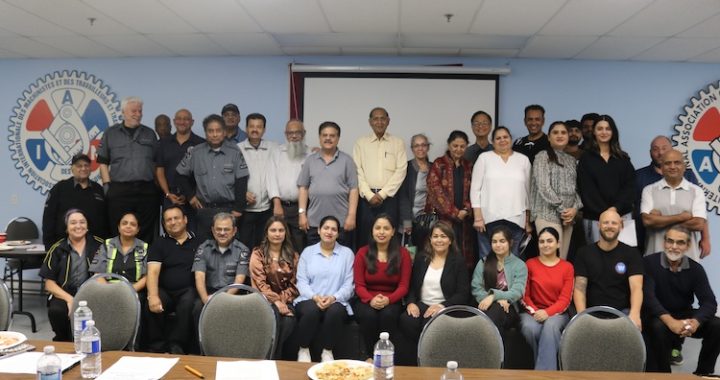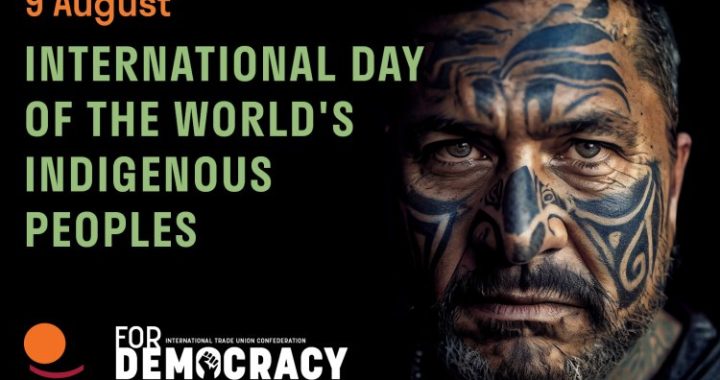Between 30-40 new IAM members attended their first meeting with their representatives and to ask questions. Almost immediately, they discovered the benefits of joining the IAM. The group of about 110 workers becomes part of IAM Local 2413.
From standardising shifts to health and safety concerns to favouritism, the new members asked many questions about their rights and how they could move forward in the upcoming bargaining with the employer. Due to being classified as workers in the federal sector, the new members discovered they were entitled to a host of rights they didn’t know they had.
Dan Janssen, General Chairperson for IAM District 140 and the new servicing representative chaired the meeting and fielded questions. “It is inspiring to see these workers come together with strength and solidarity in order to push back on their employer in an effort to demand decent working conditions and fair wages. The issues raised at tonight’s meeting are concerning and range from terrible working conditions to a complete lack of respect for these workers”.
Also present at the meeting were Kushang Shah, Shop Steward with IAM Local 2323 and Sam Jabbar, GLR with IAM Canada both played a major role in showing the workers the benefits of joining the IAM.
“They brought with them a wealth of questions and curiosity. But mostly were glad that they joined IAM and taking the first step towards a better future. With each passing moment, their faces lit up with hope and anticipation, knowing that their lives were about to change with significant improvement,” Shah said.
Officers and staff of IAM Local 2413, District 140 and the IAM Canadian Office were also on hand to welcome the members.
The new members work for Logixx Security providing security and monitoring services. They joined the IAM at the end of July 2024.
-30-
For more information:
Dan Janssen, General Chairperson
IAM District 140






